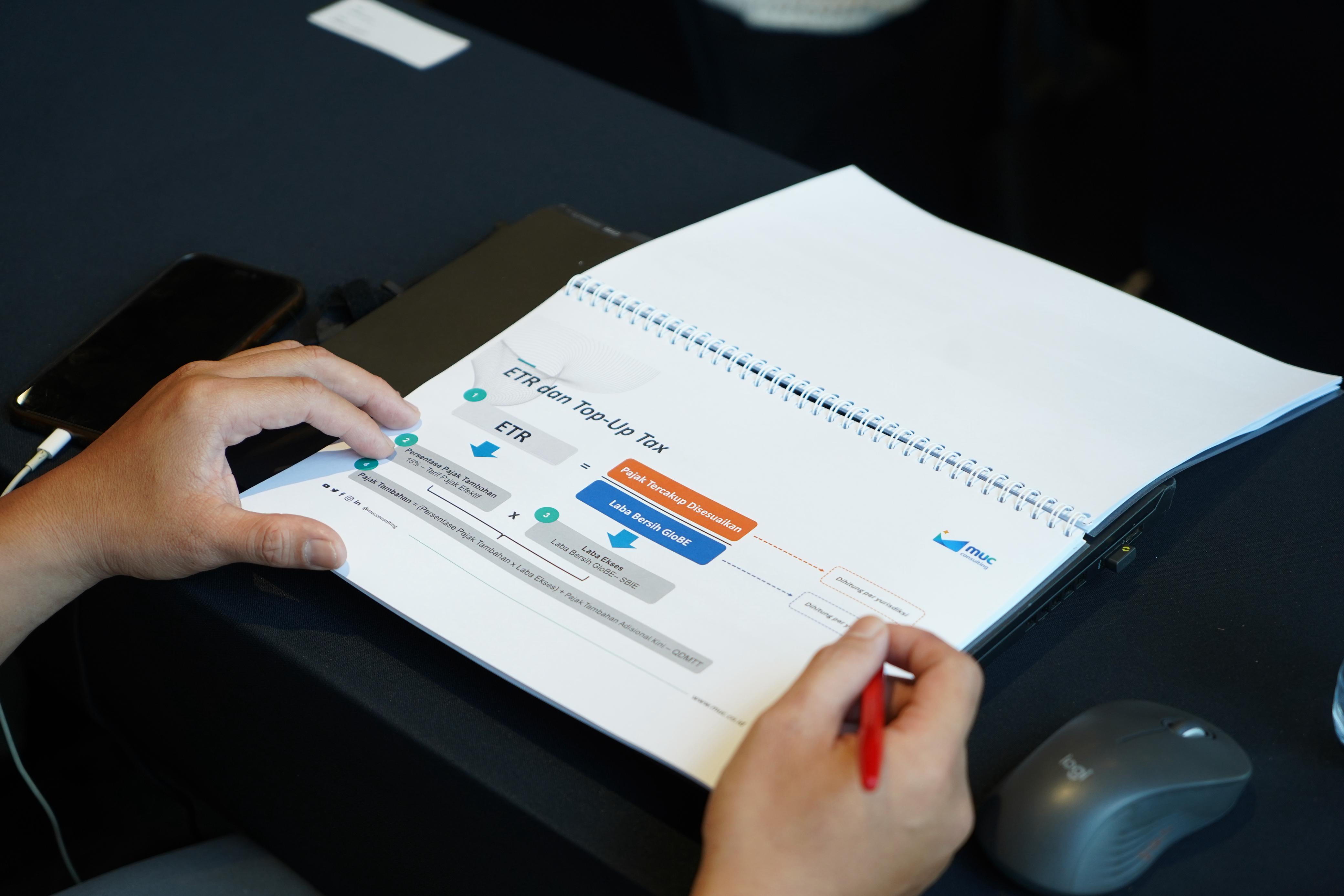Indonesia Officially Gains Qualified Status for Global Minimum Tax, Here Are the Implications!

The OECD has officially granted qualified status to Indonesia’s rules on the Income Inclusion Rule (IIR) and Domestic Minimum Top-up Tax (DMTT) under the global minimum tax framework.
This status was issued through the transitional qualification mechanism via self-certification, which Indonesia submitted to the OECD/G20 Inclusive Framework on BEPS.
In addition to Indonesia, on August 18, 2025, the OECD also designated 41 other countries/jurisdictions as Qualified IIR and 42 other countries/jurisdictions as Qualified DMTT.
Implications for Indonesia
With this qualified status, Indonesia can now implement the global minimum tax provisions as outlined in Minister of Finance Regulation (PMK) Number 136 of 2024.
In particular, this relates to the imposition of a Top-Up Tax under the provisions of the IIR or DMTT on multinational companies whose effective tax rate is below 15%, so that their effective tax rate reaches at least 15%.
Implications of Qualified IIR
IIR is a rule that grants the country where the Ultimate Parent Entity (UPE) is located the right to impose a top-up tax on the profits of subsidiaries in other countries or jurisdictions if they pay tax below the minimum rate of 15%.
The IIR mechanism starts from the ultimate parent entity in an MNE Group. If the jurisdiction/country where the parent entity is located does not apply IIR, then IIR will be applied to the next Intermediate Parent Entity (IPE) in the ownership chain, using a gradual top-down approach.
READ: Implementation of IIR as a Charging Mechanism in the Global Minimum Tax under PMK 136/2024
Implications of Qualified DMTT
Meanwhile, DMTT is a rule that allows the country where the entity operates to directly collect the top-up tax within its domestic jurisdiction.
By obtaining qualified DMTT, the Directorate General of Taxes (DGT) gains the priority right to impose a top-up tax on MNE Group entities operating in Indonesia that fall under the global minimum tax rules and have an effective tax rate below 15%.
Conversely, if Indonesia were not qualified for DMTT, the right to impose the top-up tax would belong to the jurisdiction where the parent company is located, through the IIR mechanism.
READ: Understanding DMTT, The GloBE Rules’ Additional Tax That Benefits Indonesia
Providing Legal Certainty
With the qualified status of IIR and DMTT, multinational companies in Indonesia can minimize the risk of double taxation. Among others, MNE Group entities will also gain legal certainty, as companies no longer need to be confused about where the tax liability arises in the context of the global minimum tax.
With this policy, taxpayers are expected to carefully review the potential impact on their companies. Thus, multinational companies subject to the qualifying provisions must understand these rules to minimize potential additional tax liabilities and avoid the risk of non-compliance. (QAP/AAR/ASP/KEN)


